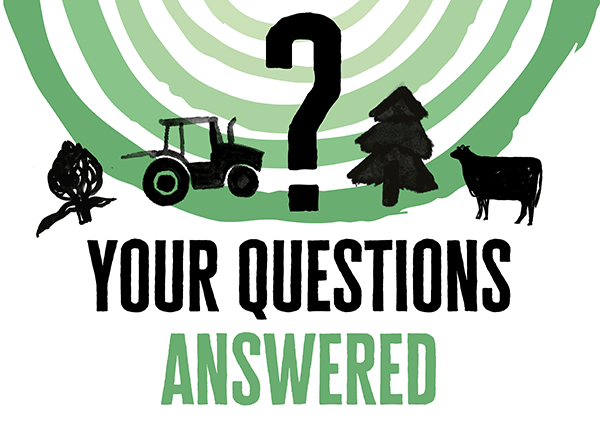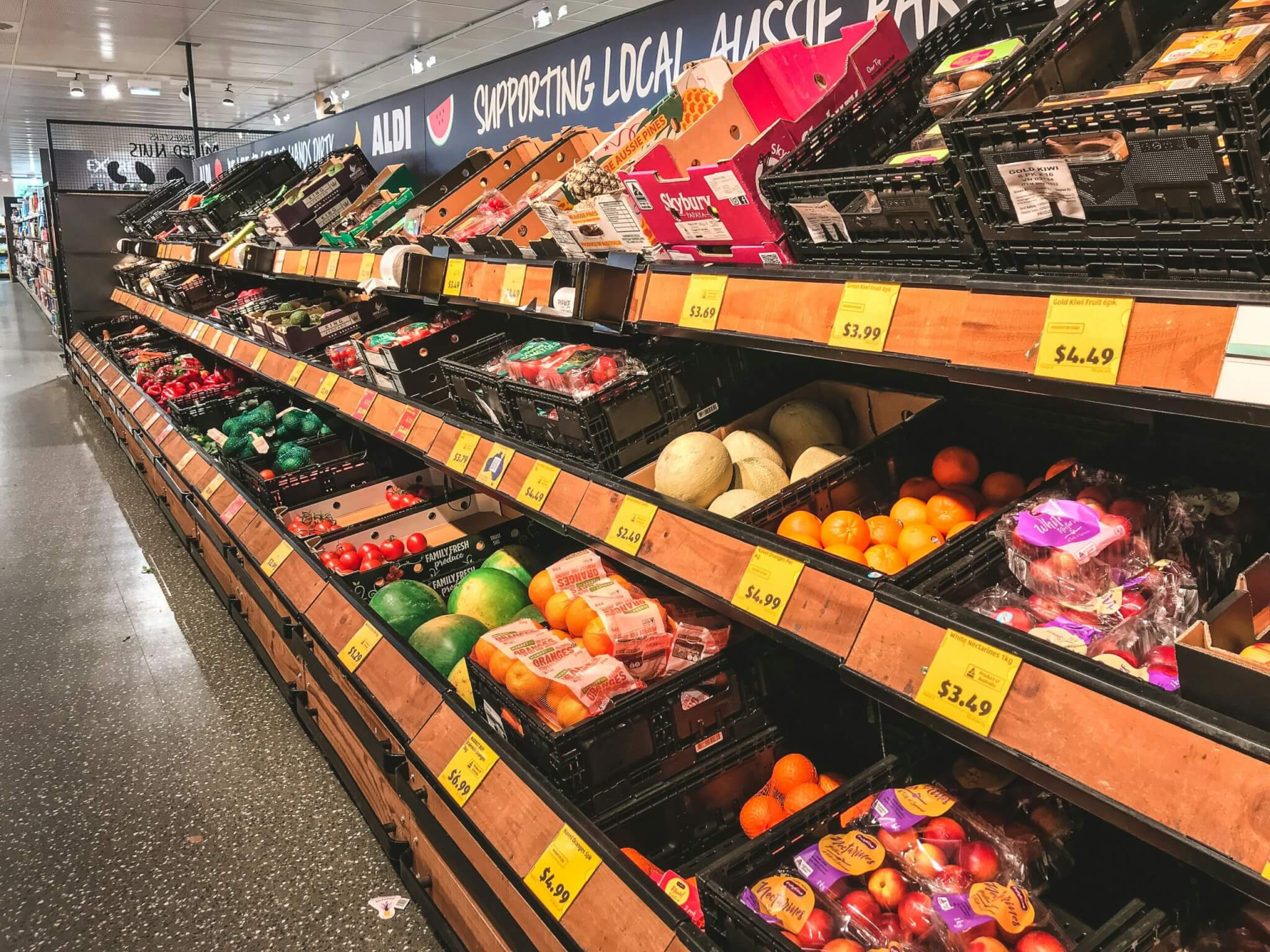Our new series, Your Questions Answered, collates questions from Wicked Leeks readers and puts them to our expert team of writers and contributors. Submit your question for consideration by commenting on this article.
What do you use mostly as fertiliser on Riverford farms? I worry that the use of sewage slurry is considered to be organic fertiliser when most humans don’t eat well enough for there to be much goodness in it.
Unappreciated, via wickedleeks.com
Sewage sludge actually has quite a few benefits for replenishing soil, and it’s used regularly on non organic farmland. That said, you’re right there are some health concerns, particularly around contamination from heavy metals and microplastics – but these usually come from the sewage system, where human waste is combined with other waste streams, such as road run off, before being treated and then used on agriculture land. If human waste is used from composting toilets and bypasses the sewage system, after a length of time it becomes usable on the land, and if it passes regulatory tests for contamination, it can even be used on farmland. You can read more about the pros and cons of sewage sludge in this article.
Organic land has tight controls, and the Soil Association, the UK’s biggest certifier of organic, bans human-based waste, including sewage sludge, due to the risk, however slight, of contamination. Instead, organic farmers, including Riverford, use a combination of grass and clovers in their fields to add different nutrients back into the soil, which builds up fertility slowly and naturally. So-called green manures are crops like clover, rye or vetch grown specifically for their ability to store (or release) nitrogen, which they release when ploughed back into the soil.
Fertiliser on non-organic farmland is also an important climate issue, since the main component of manmade fertilisers is nitrogen, made in an energy intensive process and releasing nitrous oxide once used. Many farmers are already trying to cut down on artificial fertiliser, not least to save money, but as it’s one of farming’s biggest climate impacts this is likely to gain momentum. Crop rotations, green manure and compost are the most common organic substitutes at this point, but alternative options like ‘humanure’ perhaps shouldn’t be off the table either.
Regarding Riverford’s farms specifically, I asked farm manager John Richards for his expert insight and his comment was as follows.
“The main underlying fertility comes from a rotation that includes grass and clover leys [field scale crops]. We also use ‘green manures’ which add organic matter to the soil, fix nitrogen and prevent it from being leached, including vetch, grazing rye, crimson clover, cocksfoot etc.
“The vegetables get an application of farmyard manure (mostly cattle/horse) at 15 tonnes/acre. Sometimes we use green waste compost, which is an excellent source of organic matter plus a good source of potash and phosphorus. Early season, we use a fertiliser called Law’s High N, which helps to deliver much needed nitrogen at a time of year when natural soil levels are low. This is made from plant products including waste sugar beet. We also use a poultry manure-based pelleted fertiliser, which is approved by the Soil Association.”
Nina Pullman, editor, Wicked Leeks
Got a question about food, farming, ethics or the environment? Comment on this article to join the conversation and sign up to our newsletter to never miss an update: www.wickedleeks.com/#join.










0 Comments